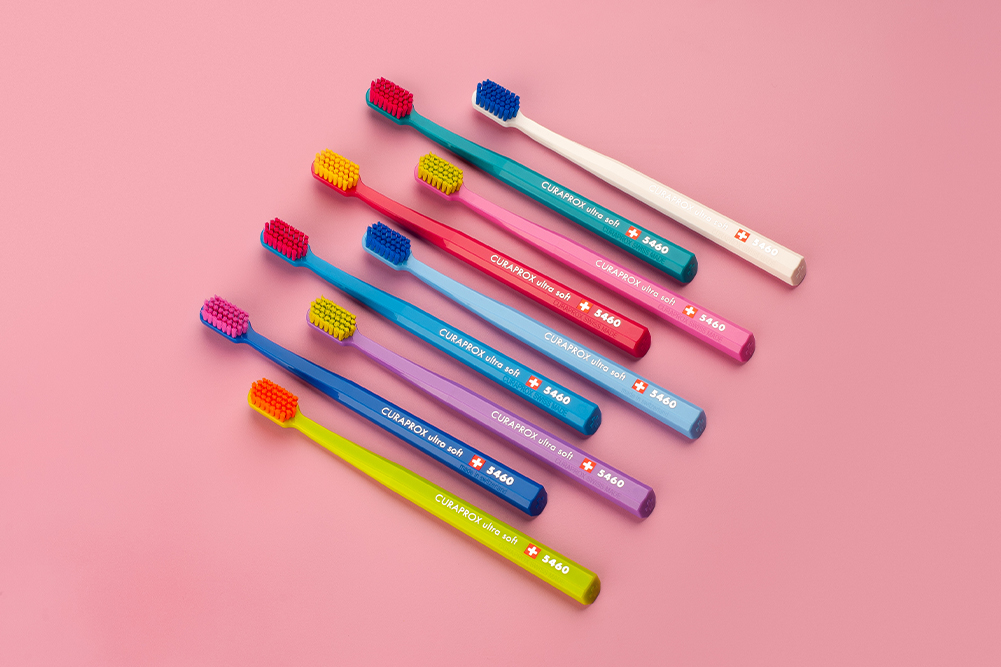A Q&A with the founder of Food Connect
Robert Pekin shares the story behind his successful food box business Food Connect.
Could you tell us about your background in dairy farming?
I went back home to start share farming with Dad after 10 years in the navy, and I was pretty hooked into the conventional model and didn’t know much about the organic, holistic side of things. I went to one course in dairy-farmer land and asked where the presenter learnt about cow behaviour. He said he went through a pretty depressing time and used to go out in the paddock and watch cows as a form of therapy. I said to myself, “Wow, that’s not a bad idea.” So that was the turning point.
That started me on a journey where I started to ask other questions. I found a biodynamic farmer, some guys who were practising acupuncture on their cows, people doing different things, and I learnt from them. But I was also tapped into the conventional wisdom and, every time I asked a question about why are we putting urea on the ground, I would get this very hostile response. And I thought if they’re going to respond to me that way, there must be something they’re trying to hide.
Later on, I went through drought and wasn’t able to get a bank loan because I didn’t milk enough cows, even though from a profit and loss perspective I was doing really well. Farmers rang me who had huge debts, highly intensive operations, very dependent on industrial things, and were getting $200,000 loans to put in irrigation. I couldn’t even get a $20–$30,000 overdraft. And other farmers, who were smaller, doing things more ecologically, were doing financially really well. There were two very different farm operations and the difference between them was very clear.
How did this lead you to creating Food Connect in 2005?
When I was in the last year of dairy farming, a group of us farmers realised that the closest we ever got to the person who drank our milk was the milk tanker driver as he drove down the road. So we got together and thought, how can we shorten the chain? And we came across the community-supported agriculture model (CSA) in America.
Eventually, after I’d lost the farm, I was in Tasmania and found out about a CSA near Hobart. That’s where I saw the concept in action. I set up my own CSA in Tasmania, ran that for about two-and-a-half years and then got asked by a couple of other people in Victoria to set one up for them. So I started wandering around Australia with my swag, helping farmers set up CSAs in the traditional way that was being employed at the time in the States. Basically, Food Connect is putting that concept into an Australian context.
Increasingly I was being told by farmers, “Listen, I couldn’t possibly grow 20, 30, 40 vegetables all year round on a weekly basis, but if you ever want to put one together here I’d be happy to grow the carrots and the corn and the cucumbers and a few spring onions in the spring.” So I kept all these farmers’ names in a little notebook, and what they grew. Then one day, in early 2004, I did an interview on ABC Radio and it went a bit viral. A whole bunch of Brisbane mums rang me and asked, “How can we get involved?” and “Is there a CSA here?” I said, “Oh, there are none in Brisbane.” Five or six months later they’d convinced me to start one up!
How does Food Connect differ from conventional businesses?
The articles for our company constitution are from a not-for-profit. A particularly important one is about an asset lock. Eventually, businesses get taken over or sold and all the ethics and principles disappear along with that sale, so we put an asset lock on the business so it can never be sold. One of the other clauses is around a two-to-one ratio between the lowest- and highest-paid worker. And then there are a whole bunch of ecological principles.
Food Connect looks at all four bottom lines for the employees: the spiritual bottom line, the financial bottom line, the environmental bottom line and the social bottom line. The fundamental tenet of the way we run the business is that it is a systemic disruption to the business-as-usual model. We’re trying to create a whole new system around how business is done.
What does a fair food production and supply industry involve and why is it important?
There are two parts. From a fair food point of view, the farmers participate in the price setting along with you and you both have transparent financials. It becomes more of a collaboration.
The other side of it is that they’re acknowledged, and I think this is a great void in the whole farming system: farmers are not acknowledged. So a fundamental tenet of our practising as a fair food business is to give credit where credit is due to the farmers who do take on so much risk and go out there every day trying to grow the most fantastic food.
What happens behind the scenes when someone places an order?
The order goes into a big spreadsheet and, the week before it’s to go to the customer, our procurement and farmer liaison person talks with our farmers about how much produce will be needed. Over the weekend, the farmers harvest the produce and bring it to us or send it by transport from within a 2.5-hour average radius. We work out what goes into the six types of boxes, pack them one morning during the week and deliver them to pick-up spots called City Cousins: someone’s garage, a café or something similar. People turn up, sign the folder that lists their order, grab any extras they’ve ordered out of the Esky, grab their box and off they toddle home. The City Cousin concept is designed to build community and to make food purchasing easier and more flexible.
What’s next for Food Connect?
Because our model is so different, technology hasn’t quite caught up with us and we’ve had to build our own systems. So I’ve co-founded the Open Food Web Foundation, which is all about building that technology space. I’ve also co-founded the Australian Food Sovereignty Alliance.
For Food Connect in southeast Queensland and northern NSW, we’re participating in establishing “food hubs”: a network of regional places that take the food first, value add and process it, then send it on to Australian cities. We see our role as being a lead aggregator from the farmers’ perspective but also forging collaborations between medium, small and micro businesses to create a food system that is decentralised and highly networked, and much more built around regional, domestic food systems.
For more details, visit foodconnect.com.au








